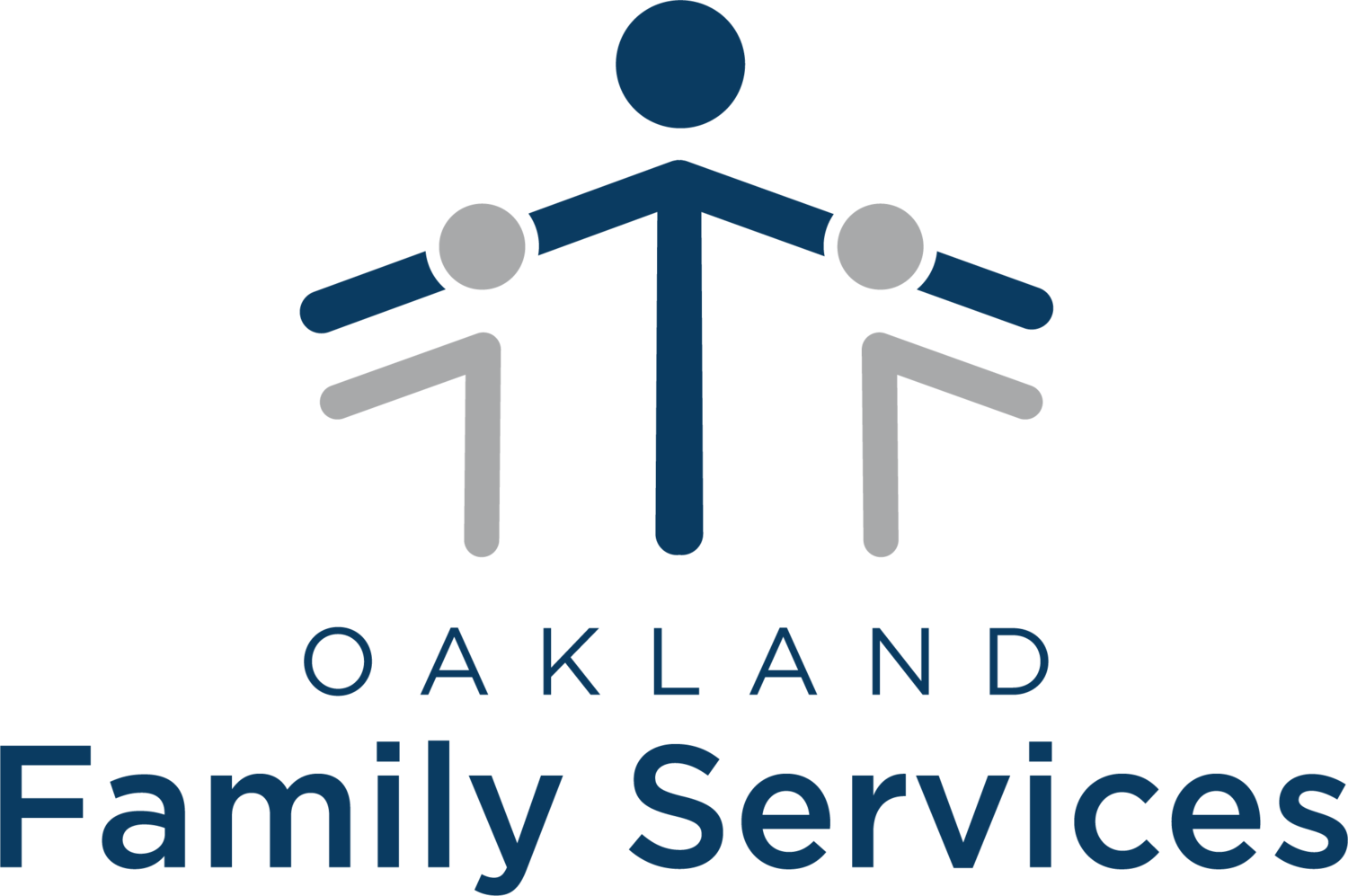Safe injection sites could be part of treatment continuum, says Jaimie Clayton
Listen to the full interview between Oakland Family Services President and CEO Jaimie Clayton and WJR Radio’s Guy Gordon.
More widespread access to safe injection sites may be on the horizon, with the U.S. Justice Department looking into how the facilities could be appropriately operated and regulated.
Safe injection sites, also called overdose prevention centers, are facilities where drug users can engage in drug use, access clean needles and other supplies, and be monitored by staff who can step in to reverse overdoses. Safe injection sites are more prevalent in Canada, Australia and Europe than in the U.S., where sites operate independently without regulation from the Justice Department.
Oakland Family Services President and CEO Jaimie Clayton recently spoke with WJR Radio’s Guy Gordon about the potential of safe injection sites, as well as some of the questions and concerns that surround them. She explained that the Justice Department’s involvement could help shine light on drug addiction as a public health issue, allow for better oversight of safe injection sites and give treatment providers increased access to individuals who need help.
“Addiction is a brain disease, and it is a physical disease that people need help controlling,” she said. “A safe site with safe injection is one aspect of that, and if we can keep people alive and safe and healthy, we’re more likely to get them in treatment than if they die or if they’re off in the shadows using at home or using with friends.”
U.S. overdose deaths rose by 29% in 2020, reaching an alarming record of 93,000 deaths, with one of the largest contributing factors being isolation from friends and family during the coronavirus pandemic.
Those opposed to safe injection sites argue that they may encourage more people to use or try drugs, or that the government would be enabling or condoning drug use. Clayton said similar concerns were raised when the opioid reversal drug NARCAN (naxolone) became widely available, but data simply doesn’t back up these fears.
“It is completely false to say more people are going to shoot heroin, or do drugs or fentanyl because these sites exist,” she said. “That’s not true. What they’re doing is bringing people out of the shadows and saying, ‘Instead of shooting up someplace that’s not safe, that’s not controlled, this is a more controlled environment.’”
Clayton said safe injection sites cannot solve issues related to drug use and overdoses on their own, but they can be part of a continuum of offerings for treatment and intervention.
“By the time you’re shooting heroin, you don’t want to be,” Clayton said. “It’s a miserable experience. You’re physically addicted, you usually have lost the supports in your life, and you have a major health crisis going on. If you can get someplace to shoot up and be safe and get safe needles, and we can get in your ear and start destigmatizing treatment and what that looks like, that is going to be far more powerful in terms of what we can do for the overdose dilemma that we have.”
Day One: A Program of Oakland Family Services offers outpatient mental health and substance use treatment for people of all ages. Our services include specialized programs for adolescents and mothers in recovery. With offices in Pontiac, Berkley and Walled Lake, we also offer telecounseling. We accept most private health insurances, as well as Medicare, Medicaid, Medicaid HMOs and the Healthy MI plan. Call (248) 858-7766 or fill out this form to get started.

